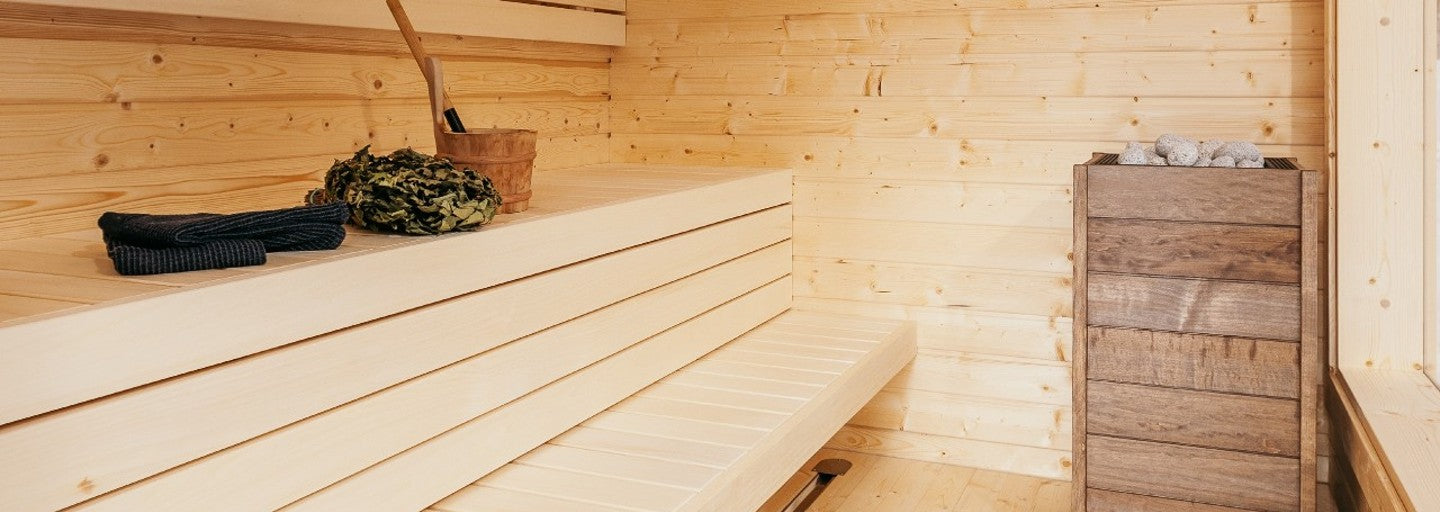
The History of Saunas and Their Cultural Significance
Saunas are known for their therapeutic benefits and are a popular way to relax and unwind in many cultures around the world. But did you know that saunas have a rich history dating back thousands of years? In this blog, we will explore the history of saunas and their cultural significance.
Origins
The origins of saunas can be traced back to Finland, where they have been used for thousands of years. In fact, the word "sauna" comes from the Finnish word "savu," which means smoke. Early Finnish saunas were essentially pits dug into the ground with a fire in the middle. People would sit around the fire and the smoke would heat the stones, creating a hot, steamy environment.
Over time, the design of saunas evolved, with the use of wood-fired stoves and ventilation systems to control the temperature and humidity. Saunas became an important part of Finnish culture, with many communities having their own public saunas where people would gather to socialize, bathe, and relax.
Spread to Other Cultures
Saunas are not unique to Finland and have been used in other cultures around the world. In ancient Rome, for example, people would gather in large public bathhouses, which included steam rooms and saunas. In Russia, saunas are called "banyas" and are traditionally wood-fired. They are often used as part of a cleansing ritual, with people whipping themselves with birch branches to stimulate circulation and promote relaxation.
In Japan, saunas are called "onsen" and are often located near natural hot springs. They are a popular way to relax and unwind, and many people visit them regularly as part of their wellness routine. In Korea, saunas are called "jjimjilbang" and are often attached to public bathhouses. They are a popular way to socialize and spend time with friends and family.
Cultural Significance
Saunas have played an important role in many cultures throughout history. In Finland, they are seen as a symbol of national identity and are an important part of the country's cultural heritage. Finnish saunas are also associated with health and wellness, with many people using them to improve their physical and mental well-being.
In other cultures, saunas are seen as a way to promote socialization and community. Public saunas are a common gathering place, where people can relax and spend time with friends and family. They are also seen as a way to promote cleanliness and hygiene, with many cultures using saunas as part of a cleansing ritual.
Conclusion
Saunas have a rich history and cultural significance that spans thousands of years and many different cultures around the world. They are a popular way to relax, unwind, and promote health and wellness. Whether you prefer the traditional wood-fired saunas of Finland or the modern, high-tech saunas of today, there is no denying the benefits of this time-honored tradition.







